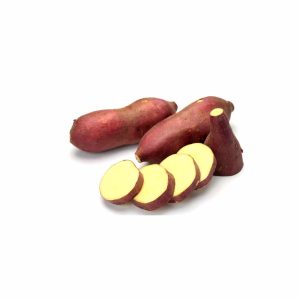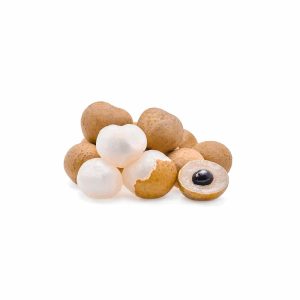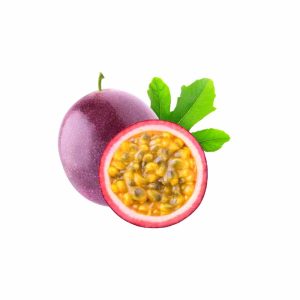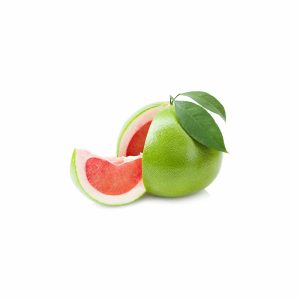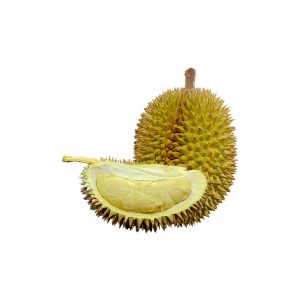The guava is a fascinating and versatile tropical fruit that is now growing in popularity worldwide. Though native to Central and South America and beloved in the cuisines of those regions, improved transportation methods and farming practices have made guava more available globally. With it’s unique flavor, aroma, and nutritional benefits, guava has rightfully earned it’s reputation as one of the most delicious and beneficial fruits.
Benefits of Guava
With its exceptional nutrient content and unique compounds, guava has been shown to provide a wide array of health benefits. Chief among these are its high vitamin C levels, potent antioxidants, and ability to aid digestion.
Guava is one of the richest natural sources of vitamin C available. One cup of raw guava contains over 250% of the recommended daily allowance of vitamin C. In fact, guava contains about 4 to 5 times the amount of vitamin C as an orange. Vitamin C is a powerful antioxidant that strengthens immune function and helps the body heal and repair itself. It is also needed for collagen production for healthy skin and connective tissues. The vitamin C in guava promotes wound healing, boosts immunity, and helps protect against infectious disease. It also acts as an antihistamine to reduce allergy symptoms and asthma events.
The antioxidants in guava, including vitamin C, carotenoids, and polyphenols, can help neutralize free radicals and prevent oxidative damage to cells. This may offer protection against chronic diseases like heart disease, cancer, arthritis, diabetes, and cognitive decline. Specific antioxidants like lycopene have demonstrated anti-cancer activity against prostate, breast, and oral cancers. Quercetin and other flavonoids in guava also have anti-inflammatory effects that may reduce risk of inflammatory conditions.
Guava is an excellent source of fiber, with one cup providing over 30% of the recommended daily value. Soluble fiber helps regulate blood sugar by slowing digestion and absorption of sugars. The fiber and antioxidants in guava may help reduce insulin resistance and decrease diabetes risk. Fiber also promotes satiety and can aid weight loss. The nutrients in guava support cardiovascular health by lowering LDL cholesterol, blood pressure, and inflammation.
Compounds in guava leaves exhibit antimicrobial properties that combat certain bacteria and fungi. Drinking guava leaf tea may alleviate gastrointestinal issues including diarrhea, stomach cramps, and dysentery. Guava leaf extract may also help prevent tooth decay and gum disease due to its antimicrobial effects.
Guava is rich in important minerals like potassium, manganese, magnesium, copper, and folate. Potassium supports heart health, muscle function, and metabolism. Manganese aids bone health and nutrient absorption, while magnesium promotes sleep, mood, and muscle relaxation. The high folate in guava is especially important for pregnant women, as it prevents neural tube defects in fetal development.
With all of its nutritional and medicinal benefits, adding guava to your diet is an effective way to support overall health. The bioactive compounds protect your body at the cellular level by fighting oxidative stress and inflammation. Guava makes the ideal snack or addition to smoothies, salads, and desserts to enhance nutrition.
Usage and Consumption of Guava
With its sweet flavor and floral aroma, guava can be used in a variety of raw and cooked applications, both sweet and savory. It is widely enjoyed fresh, in beverages, as part of entrees, and featured in various sweets and preserves.
One of the most popular ways to enjoy guava is raw and fresh. The ripe fruit can be easily sliced or simply bitten into like an apple. Add fresh guava slices to fruit salads, yogurt parfaits or chia puddings for an extra pop of flavor and nutrition. Guava makes a refreshing snack on its own, with a crisp texture and balance of sweet and tart. For parties, slice guava and serve with tajin seasoning and lime juice squeezed over top.
Drinks and smoothies are a great way to get the benefits of guava. Blend it into fruit smoothies along with banana, mango, pineapple or berries. The pulpy texture provides body and the seeds give fun texture. Mix guava juice or puree into lemonade, iced tea, or cocktails for a tropical boost. Add slices of fresh guava to pitchers of water for lightly flavored guava water.
Guava jams, jellies and preserves are popular ways to prolong enjoyment of the fruit. Guava jelly pairs perfectly with cream cheese on bagels or biscuits. Use guava preserves to fill pastries like tarts, turnovers and empanadas. Guava jam makes a great glaze for meat like poultry and pork. Bake guava pieces into quick breads, muffins and cakes for moistness and pockets of sweetness.
In many Latin American cuisines, guava is used to make delectable desserts like flan, ice cream, paletas, and agua fresca. Poach guava shells in a light syrup spiced with star anise and cinnamon. Layer guava puree between cake for tropical tres leche cake. Chill guava juice blended with sugar and lime for homemade paletas.
Savory guava recipes take advantage of the fruit’s acidity to provide balance. Raw guava salsa makes a unique chip dip or topping for fish. Grill pineapple and guava slices for a sweeter take on kebabs. Guava barbecue sauce brings tropical flair to grilled meats. Reduce guava nectar with spices and vinegar for a glaze on chicken, shrimp or pork.
The leaves of the guava tree have a strong herbal aroma and are used in cooking across Southeast Asia and India. Wrap fish or vegetables in guava leaves before steaming or grilling for imbued flavor. Add whole guava leaves to rice as its cooking for festive occasions. Guava leaf tea offers digestive benefits and a grassy, aromatic profile.
With demand rising globally, guava can be found in most major grocery stores. Seek out fresh guavas that have unblemished yellow skin and give slightly to pressure. Ripe guavas can be refrigerated for up to 2 weeks. Frozen guava pulp retains excellent flavor for smoothies and baking. Dried guava, juices and canned guava allow enjoyment of this healthy, versatile fruit all year round.





